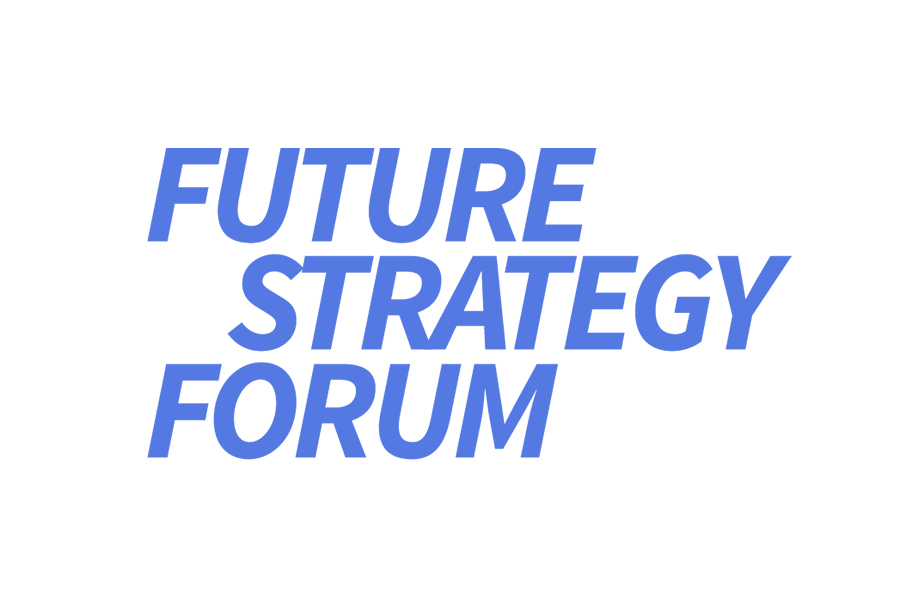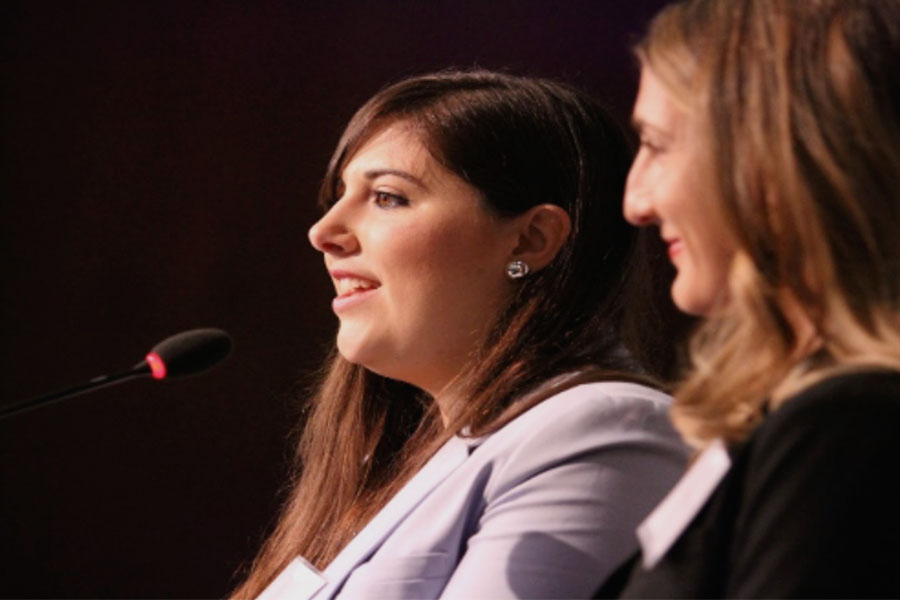Our Publications
The Janne Nolan Prize for Best Article on National Security/International Affairs
The Henry A. Kissinger Center for Global Affairs at the Johns Hopkins University School of Advanced International Studies (SAIS) is proud to announce, in conjunction with the Center for Strategic and International Studies (CSIS) and Texas National Security Review, the 2020 Janne Nolan Prize winners for the best article on national security/international affairs.
Janne Nolan Prize Winner (award of $5,000)
• Jane Vaynman, Assistant Professor of Political Science at Temple University
Janne Nolan Prize Runners-up (awards of $2,500)
• John Emery, Stanton Nuclear Security Fellow at Stanford University
• Saher Naumaan, Threat Intelligence Analyst at BAE Systems
Special Recognition (awards of $1,500)
• Emma Campbell-Mohn, PhD student at Massachusetts Institute of Technology
• Suzanne Freeman, PhD student at Massachusetts Institute of Technology
Special Recognition for undergraduate submissions (awards of $500)
• Sruthi Katakam, Johns Hopkins University
• Brooke Lennox, University of Michigan
FSF Fellows' reflections on the Janne Nolan Prize
— John Emery, Runner-Up
“It is an honor to receive special recognition for the Janne Nolan Prize. Her life and experience is an inspiration to all. Thank you to the Kissinger Center for creating this award in her honor.”
— Emma Campbell-Mohn, Special Recognition
“I am honored to have received special recognition from the Janne Nolan Prize committee for my work. I am grateful to the Future Strategy Forum, Kissinger Center, CSIS, and the Texas National Security Review for making this opportunity possible and elevating my work along with other excellent scholars!”
— Suzanne Freeman, Special Recognition
About the Competition:
As part of the 2020 Future Strategy Forum, the Henry A. Kissinger Center for Global Affairs, in cooperation with CSIS and the Texas National Security Review, will offer prizes to the best new scholarship from early career scholars in national and international security. Up to three articles – a first prize ($5,000) and two honorable mentions ($2,500) – will be selected.
In addition, each draft manuscript will be eligible to be workshopped by a group of five senior scholars: Frank Gavin, Kathleen Hicks, Keren Yarhi-Milo, Jim Steinberg, and a scholar/policymaker selected from a list presented by the winner. The articles will be selected by the Kissinger Center, in consultation with the senior scholars, select members of the FSF junior scholar committee, and the editorial staff of TNSR. Each winning scholar will be required to submit their essay first to the Texas National Security Review; although publication will be dependent upon double blind peer review, the process will be expedited.
Chatham House Op-Ed Series
Beginning in 2020, the Future Strategy Forum partnered with Chatham House to publish a series of Op-Eds by our Graduate Fellows, highlighting the themes of the conference and their own unique research contributions. In this recent series, "Pandemic Politics," our Fellows key issues in politics and security during the COVID-19 pandemic on the Chatham House International Affairs Blog.
Access the whole series at Chatham House International Affairs Blog, or read excerpts below.
 COVID and the Military • 12/05/2020 Pandemic Politics: COVID-19 and Grand Strategy
COVID and the Military • 12/05/2020 Pandemic Politics: COVID-19 and Grand Strategy
By Emma Campbell-Mohn and Suzanne Freeman
As the world attempts to cope with and contain the COVID-19 pandemic, policy-makers and citizens alike are questioning the role of the state, its goals and the tools it uses. Lockdowns, overtaxed health care systems, mass unemployment, increasing mental health crises and supply chain disruptions plague the global system. Citizens wonder whether we will see a change in how states conduct themselves after the pandemic, both internationally and domestically. Will the fundamental objectives and means of the state change? Or has COVID-19 merely exacerbated existing trends?
Read the article
COVID and the Military • 12/05/2020 Pandemic Politics: COVID-19 and the US Military
By Eleanor Freund and Leah Matchett
During the coronavirus pandemic, the military has stepped up to help in a surprising way: with bodybags. The Pentagon has confirmed that it will be providing as many as 100,000 body bags to the US Federal Emergency Management Agency (FEMA) to assist in managing the death toll from the pandemic. The threat posed by the pandemic is not one that is suited to traditional military solutions, begging the question: what is the role of the military in responding to a national crisis that has killed more Americans than every war from the Korean War onwards…combined?
Read the article
Pandemic Politics • 09/02/2020 Pandemic Politics: Lean on Your Team
By Leah Matchett
‘We were half-way through my first ever FSF conference when I realized that all of the panelists were women. It was the first time in my life I had seen a panel made up entirely of women, without the point of the panel being to talk about women. It was so… normal to listen to these brilliant women. They were, after all, the experts. And that very normalcy blew my mind.’— Leah Matchett, Stanford University
Over the past month, the Future Strategy Forum has teamed up with International Affairs to produce the Pandemic Politics series. To conclude this series, we want to share our lessons as an organization focused on amplifying the expertise of women, encouraging and facilitating mentorship, and creating opportunities to bridge the academic-policy divide. FSF and initiatives like it have grown as spaces both to encourage graduate students of all genders, and to lift up the amazing amount of knowledge and expertise of women.
Read the article
COVID-19 Democracy and Governance • 08/28/2020 Pandemic Politics: COVID-19, Democracy and Governance
By Julie George
As of today, there have been 23,507,852 confirmed COVID-19 cases and 809,958 deaths across 188 countries. COVID-19 has and will continue to force countries and communities to grapple with its impact on daily life. This includes the many ways the COVID-19 pandemic affects governance and democracy, such as the role of law in public health, uses of technologies in curbing the spread of the virus and dynamics within local communities.
Read the article
COVID-19 Democracy and Governance • 08/25/2020 Pandemic Politics: Making US Foreign Policy Appealing to Young Americans
By Dakota Foster
The economic position of the United States’ youngest generations has driven disillusionment with the political status quo. Right now, young people are experiencing the second ‘once in a lifetime’ economic crisis of their relatively short lives and the COVID-19 pandemic’s economic fallout is likely to hit them the hardest. However, when it comes to US foreign policy, these grim circumstances may also present a unique opportunity to create policies that better serve young Americans. Below, I lay out three such options.
Read the article
 Pandemic Politics • 08/05/2020 Pandemic Politics: How the Future Strategy Forum Amplifies the Expertise of Women
Pandemic Politics • 08/05/2020 Pandemic Politics: How the Future Strategy Forum Amplifies the Expertise of Women
FSF Founders Sara Plana and Rachel Tecott talk about the formation and growth of FSF.
by Sara Plana and Rachel Tecott
“The national security cadre [must] look more like America, to benefit from that diversity of opinion”
— The Honorable Michele Flournoy, former Under Secretary of Defense for Policy
These words echo the sentiments of so many other national security experts across the political spectrum who recognize that bringing more diverse perspectives to the table is needed improve the creativity and quality of the United States’ foreign policy. However, while we have made progress, the voices of white men continue to dominate the field of international security in government and the academy.
Read the article